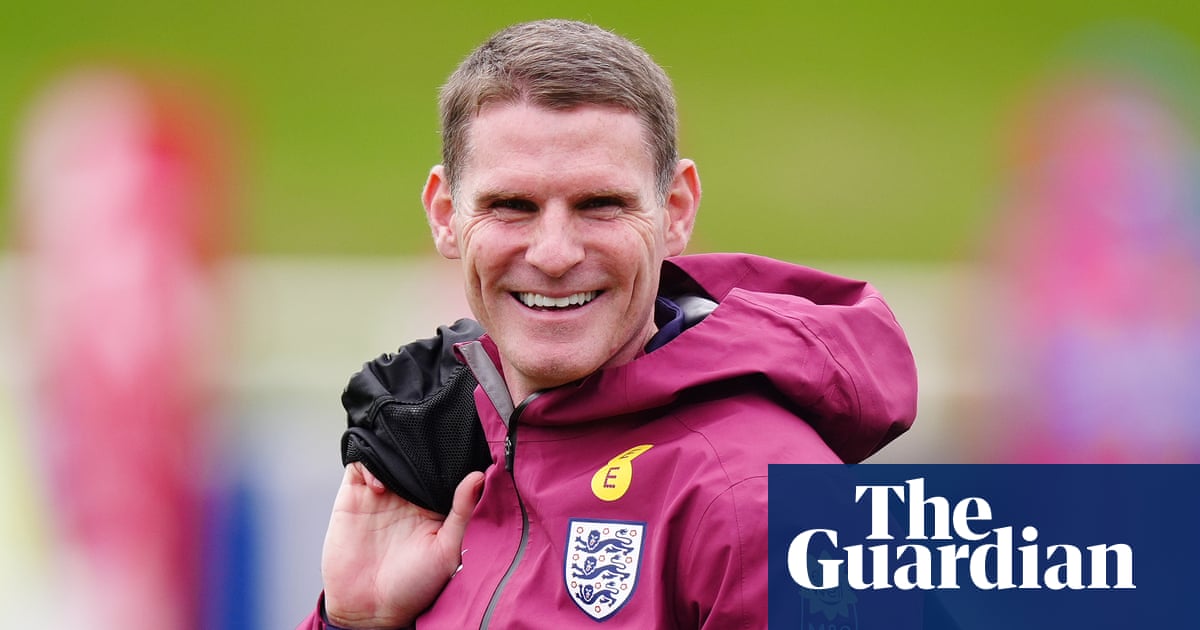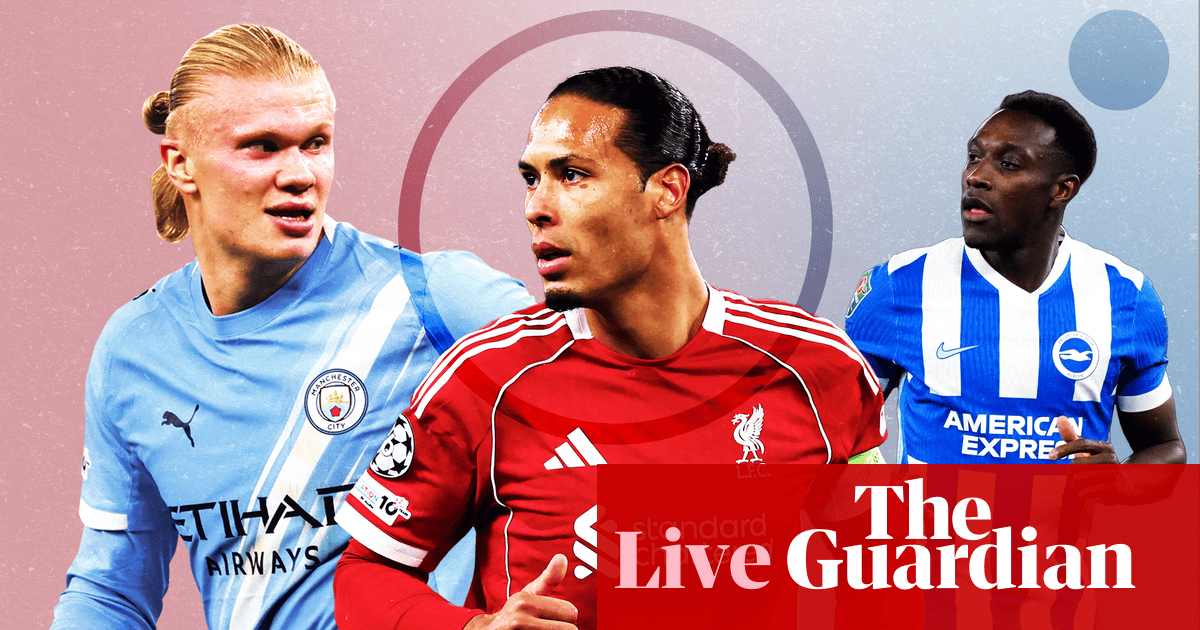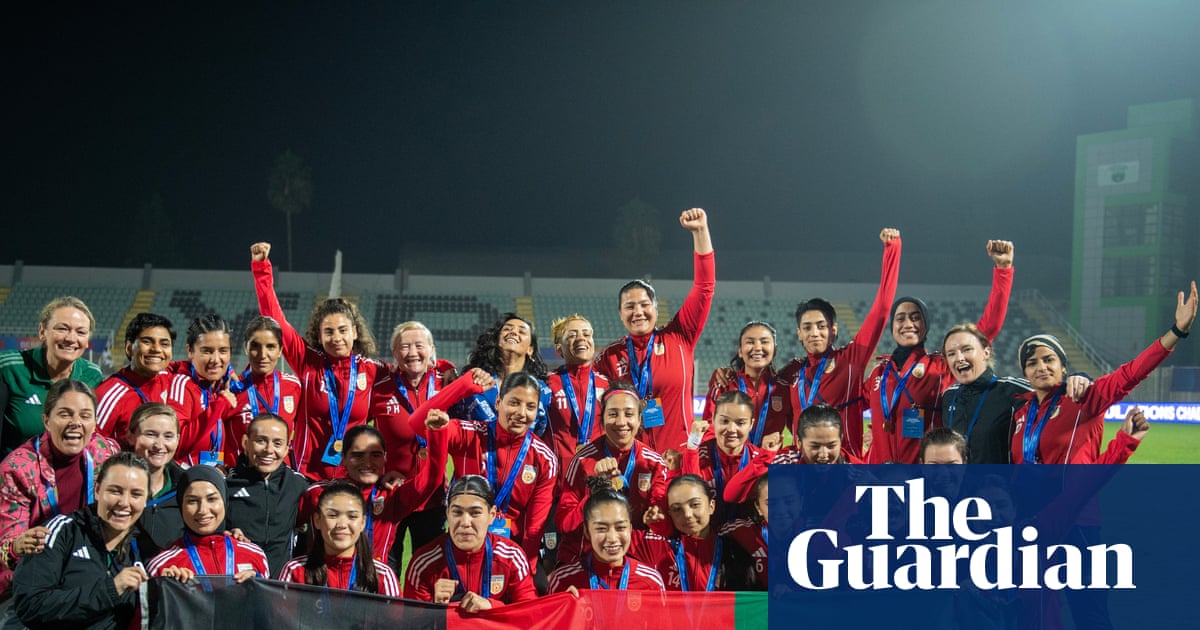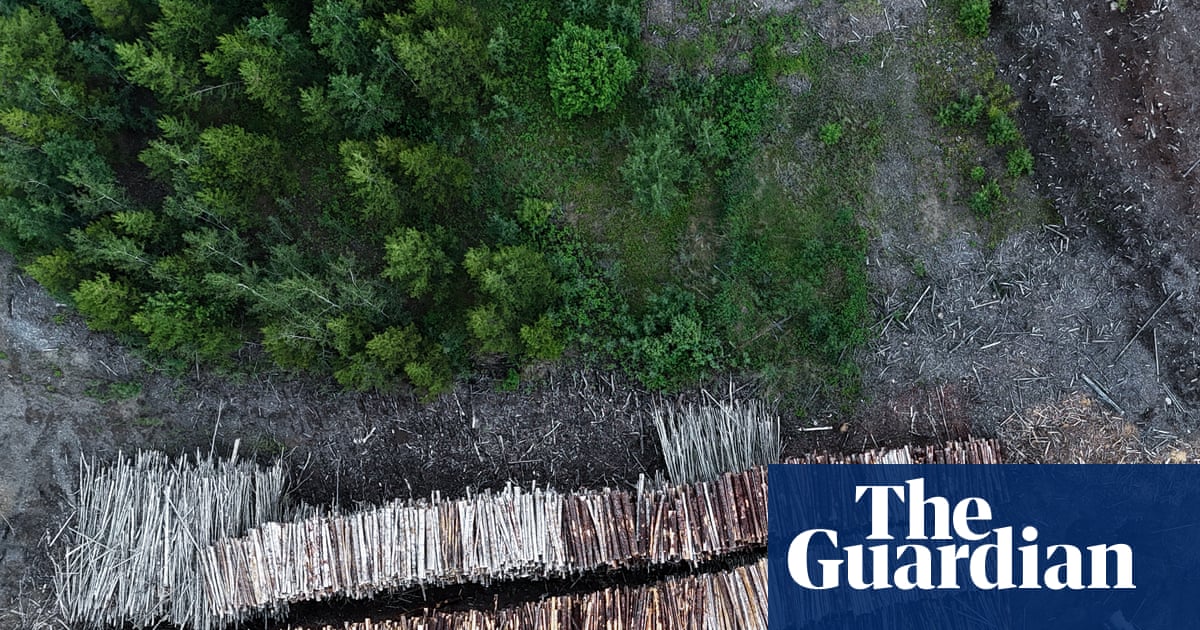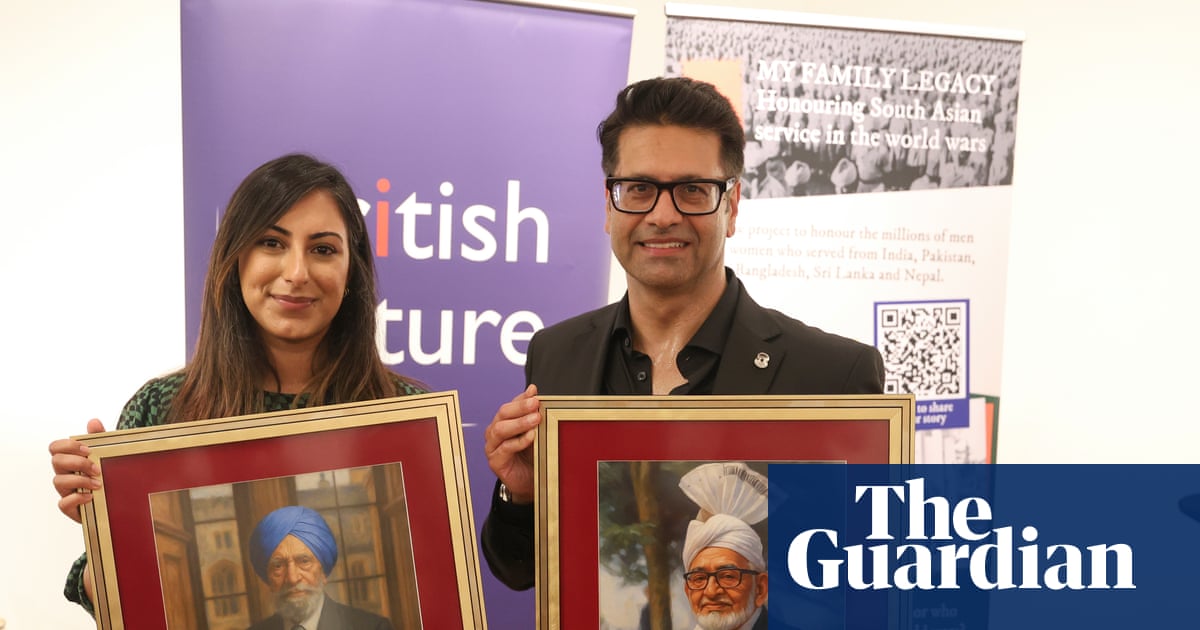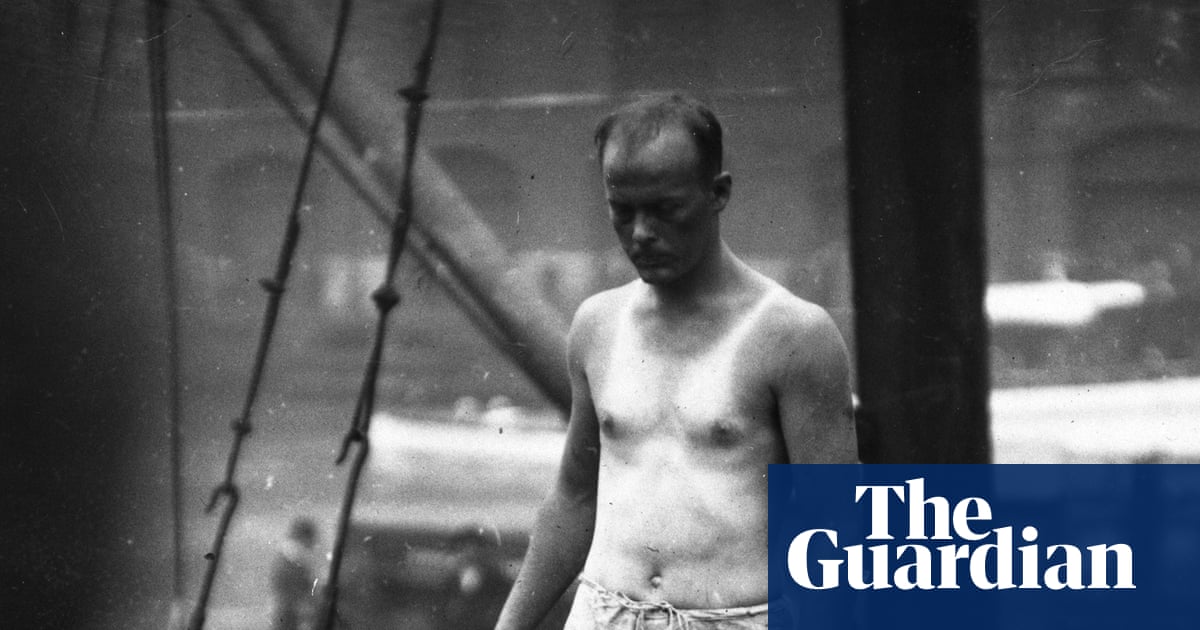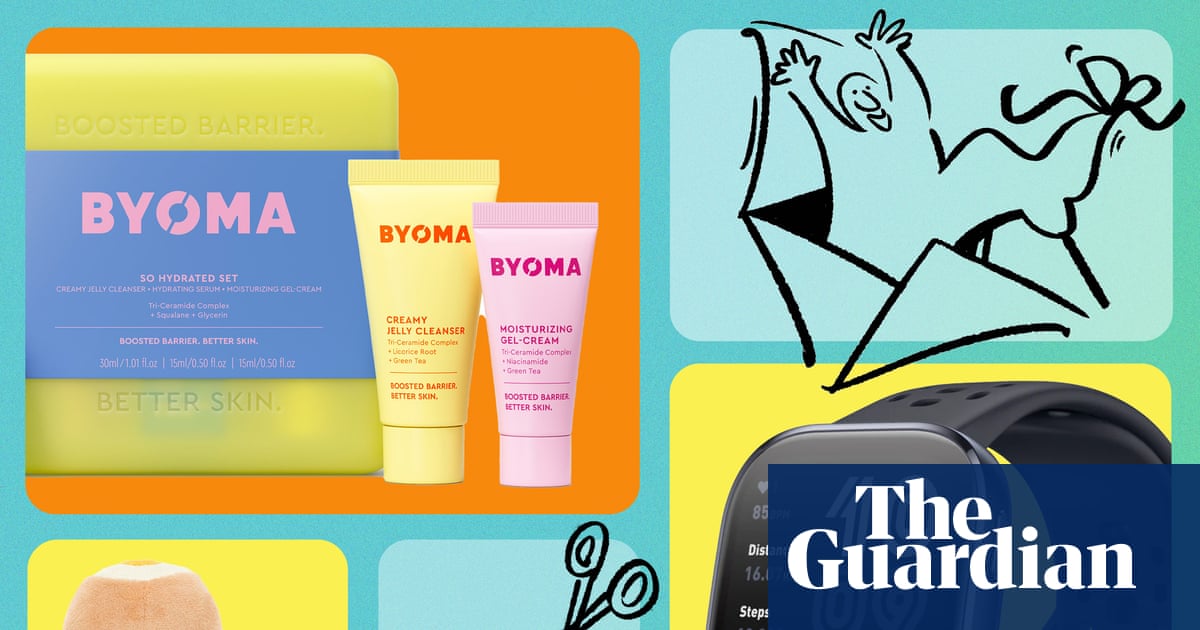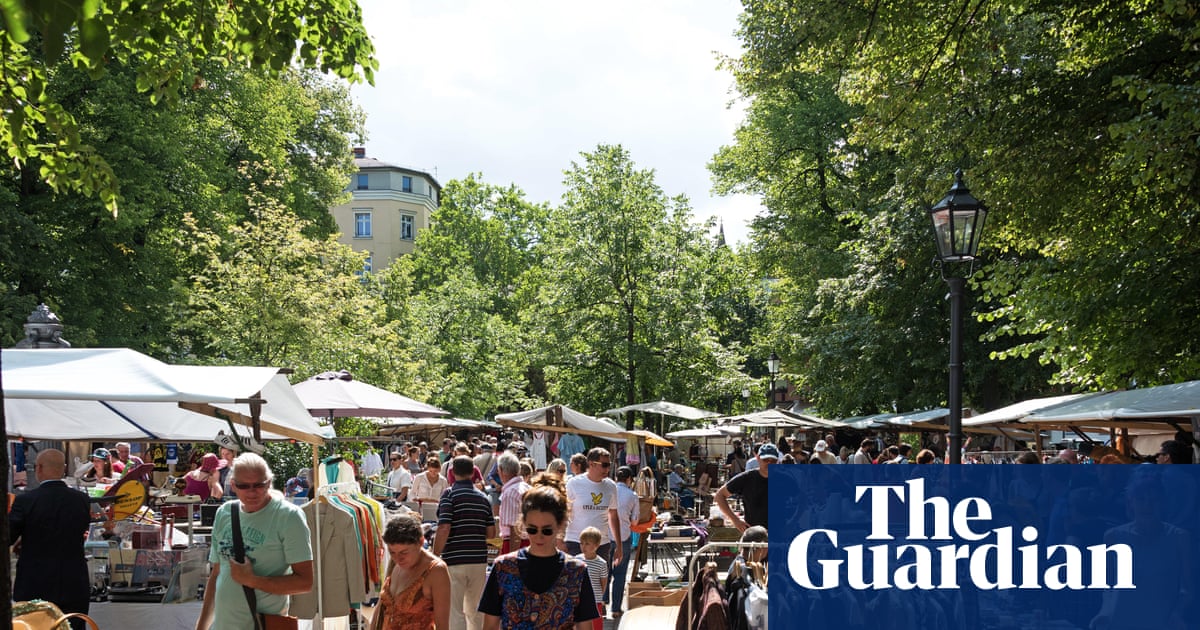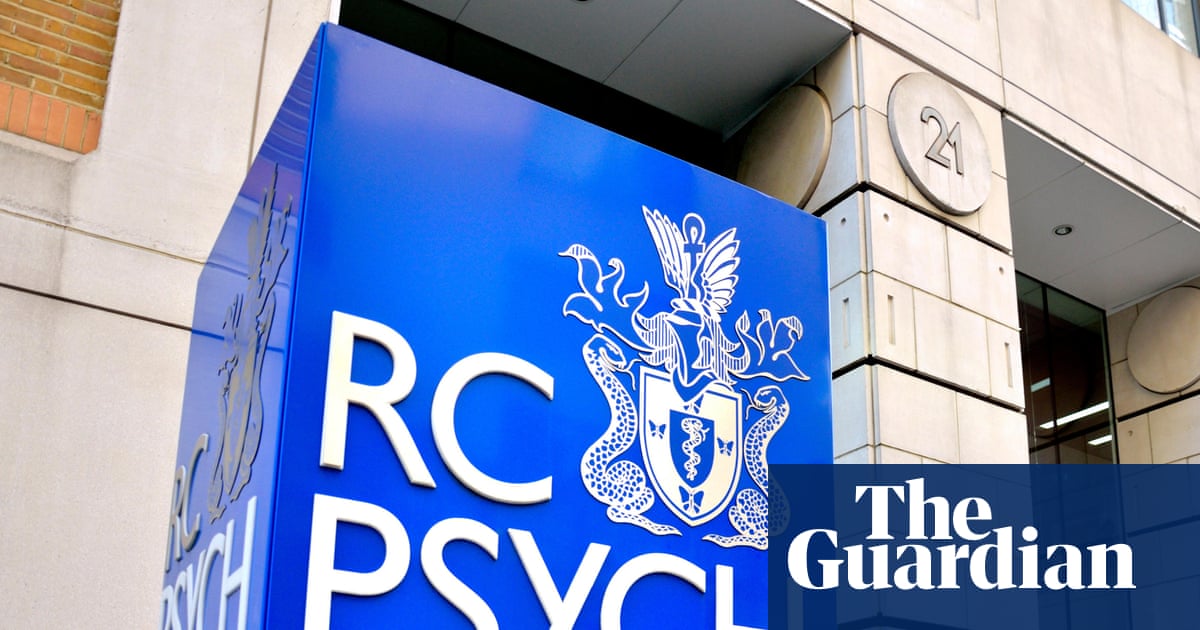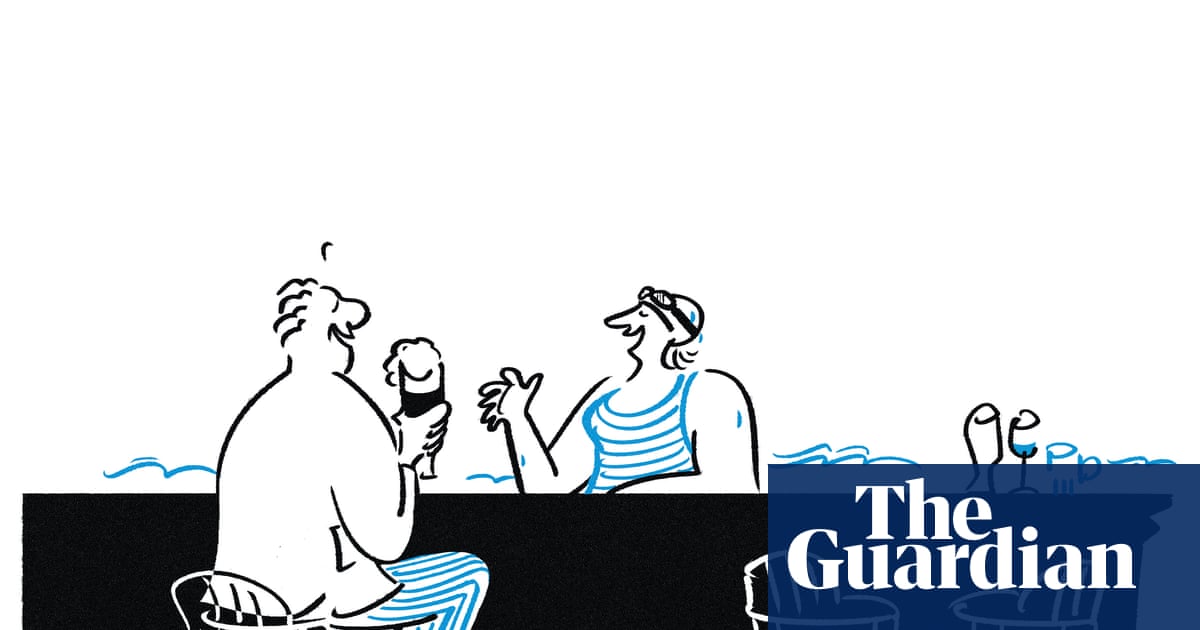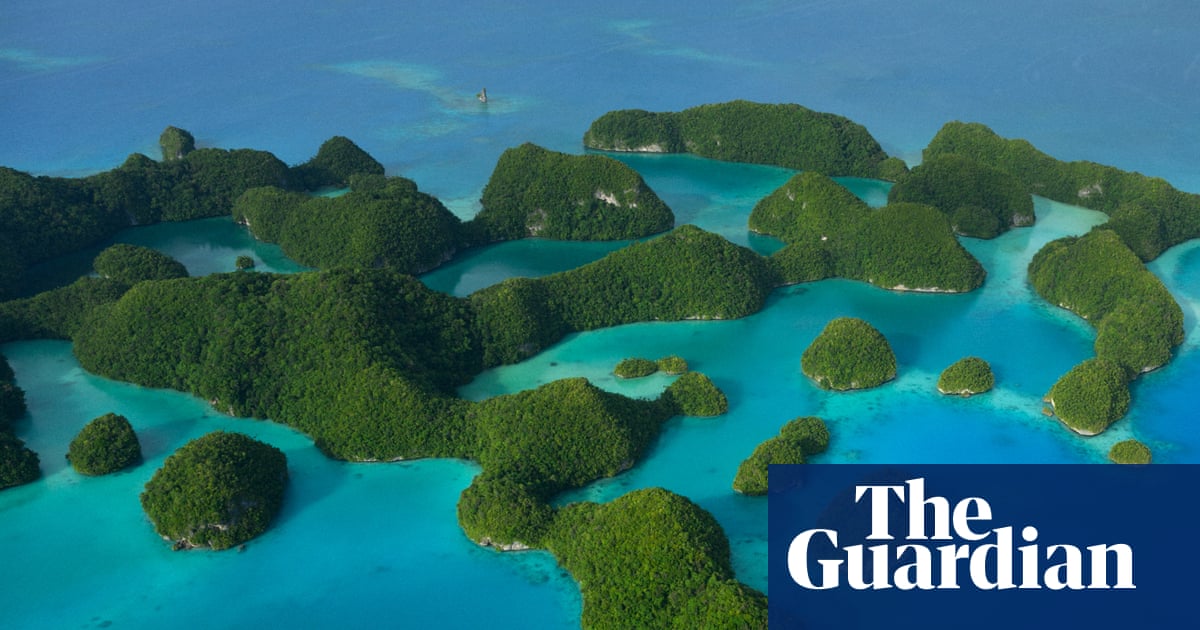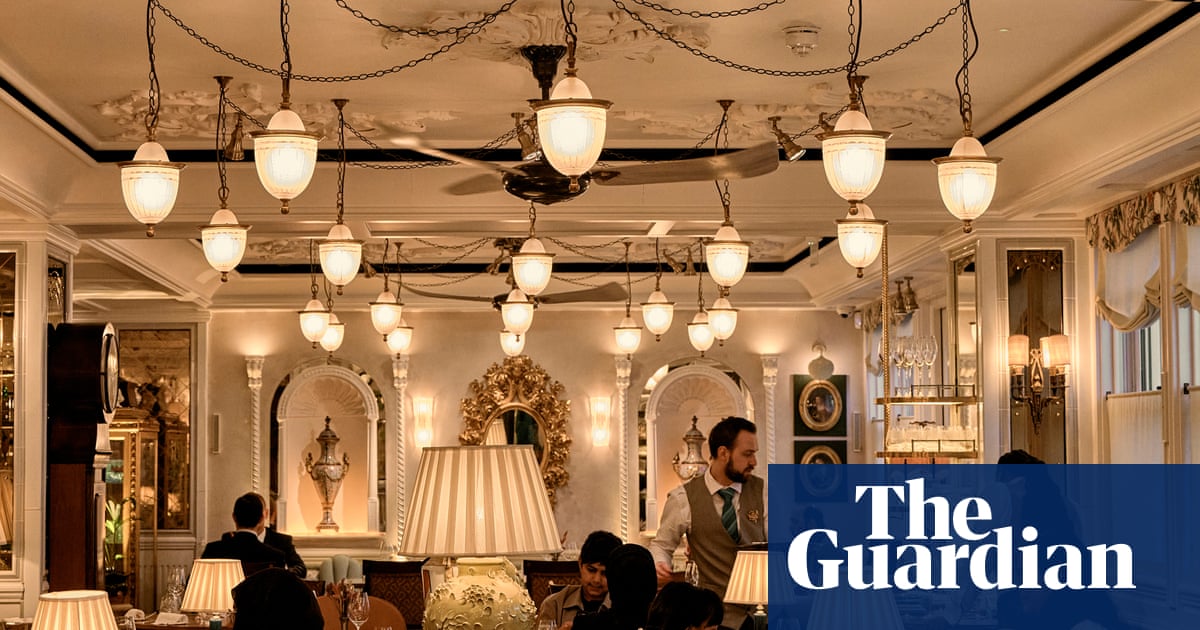For most athletes, a loss of all funding would signal the end. But for Brad Hall, Team GB’s bobsleigh captain, it was the beginning of a remarkable comeback story. The 34-year-old speaks about the financial shakedown of British bobsleigh with remarkable calm, as if it was a hurdle most professionals faced.
“I’ll have to take you back in time a little bit,” he says, reflecting on a period that could have ended his career. “We got a year of transitional funding until the 2019 world championships where we were told if we got top three we’re able to maintain our funding. But we finished fourth.”
It was a moment that would redefine not just his career but the structure of British bobsleigh. In 2019 UK Sport withdrew funding for the programme, leaving the team in a precarious position. It led Hall, who found out in his bedroom from a news article, to take matters into his own hands, launching a crowdfunding campaign. The grassroots effort blossomed into Team Bobsleigh Brad, a self-funded entity operating with no official funding or support apart from private sponsors and donors.
“It was very disappointing at the time, but it was the best thing for us because it allowed us to rebuild the programme until the 2022 Games where I was pretty much running everything myself,” Hall says of the Beijing Winter Olympics. “I was planning the season, the logistics, the athletes, the selection. It was very stressful going into those Games.
“We finished sixth, which was disappointing at the time, but it was enough to bring back the UK Sport national lottery funding. That was key to our success in the following years. It allowed us to bring in coaches who could do most of the jobs I was doing beforehand so I could focus on my performances.”
The return of funding sparked an unprecedented era of success for British bobsleigh. In 2023, Hall’s team clinched Britain’s first European four-man title and a four‑man world championship silver, the country’s first since 1939. Hall also secured Britain’s first two‑man World Cup medal in more than 30 years with a silver in Igls in January 2020. “The first year after the Olympics, we took off and won medals all over the place. We won three gold medals at the European championships, which had never been done before by a GB athlete, and we took that forward for the next few years.”
This period of self-reliance transformed him as an athlete despite the added pressures. “Before we lost our funding I had a lot of ideas. I was like: ‘Why are we doing things this way?’ And every time I used to question management, my opinion wasn’t validated. It was like: ‘You don’t know what you’re talking about.’ But when we lost funding I was allowed to make these decisions and we saw improvement immediately. So I knew I was on to something.”
Fostering a positive team culture was the first step, especially in a sport where individual performance is so visible. “It’s a lot to do with the athletes’ selection in the first place. A lot are quite selfish, but they’ve got to understand this is a team sport.
“As a pilot it’s a bit different because my position isn’t as threatened. Because I’m running the team, I’m always going to be selected. The brakemen’s heads were on the chopping board week-in and week-out. It’s very difficult to support your teammates when you know they could get the spot ahead of you. But if everyone’s helping, everyone gets better.
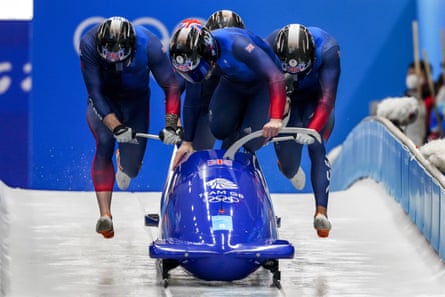
“It’s trying to shift focus from we want to be the best on this team or the best in Great Britain to we want to be the best in the world. Competition’s out there, it’s not in here.”
Team GB have their work cut out for them when it comes to competition, particularly from the dominant Germany team. Since the 1990s they have won more medals than any other country largely due to funding for their cutting-edge sleds made from high-strength, low-friction materials. The financial demands of the sport, which Germany can meet, are staggering: a world-class sled can cost between £25,000 and £70,000, with runners ranging from £4,000 to £10,000.
“There’s three components to our performance,” Hall says. “The push start, the driving and our equipment. The equipment’s the one not in our power to change: you have a sled and sometimes you can improve it, sometimes you can’t. That’s why the German teams do so well. They’ve got money to pump into their research and development to improve things. We don’t have that.
after newsletter promotion
“But it pushes us. We don’t want to be at the top and not have any competition. Winning medals without the struggles and sacrifice to get them doesn’t mean anything. It feels like it’s given to you, which is sometimes what it looks like when the German teams win gold every week. It means even more to us because we shouldn’t realistically have a chance to be in that position.”
Germany will be Team GB’s biggest threat at Milano Cortina 2026, where Hall hopes his team can elevate their Olympic performances to match their recent success. In Beijing, Hall finished sixth in the four-man and 11th in the two-man. At Pyeongchang 2018, he placed 17th in the open four and 12th in the two-man.
“We try to downplay the Olympics and make it seem like it’s not anything special,” Hall says. “You’ve got to kind of de‑escalate the hype in some sort of way. You’ve got different banners and there’s a few more people watching, but you’ve got to focus on your job at hand.”
The bobsleigh will be held at the redeveloped Eugenio Monti sliding centre in Cortina d’Ampezzo, a historic track built in the 1920s. It underwent a significant transformation with an investment of more than €118m (£103m), now featuring a 1,730m track with 16 curves, designed for speeds up to 140 kmh and an expected race time of 55-60 seconds.
“I’ve been tracking Cortina. I haven’t driven it yet but I’ve seen videos,” Hall says. “It looks quite an easy track. It may just be down to the push and the equipment.”
Regardless of the difficulty of the track, Hall’s vision for the perfect 2026 Games is clear: “Two medals, if not gold medals, around our necks. Simple.”
It is an unsurprising declaration from an athlete who has already defied the odds – proving that even when funding dries up, the drive to be the best never does.

 3 months ago
88
3 months ago
88
